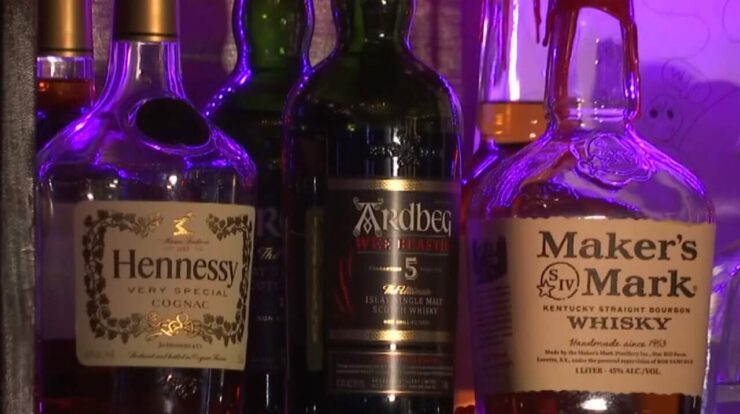
COLUMBIA, S.C. (WCSC) – For more than a year, bars and restaurants across South Carolina have been begging lawmakers to do something to address skyrocketing insurance costs that are driving them out of business.
Help will soon be on the way to Gov. Henry McMaster’s desk.
Just before South Carolina’s 2025 legislative session ended Thursday at the State House, senators finalized a compromise late Wednesday night between the Senate’s tort reform bill and the House’s liquor liability bill — a deal that, just last week, one leading lawmaker said would take a miracle to get done.
“This represents an awful lot of hard work,” House Judiciary Committee Chair Weston Newton, R – Beaufort, said. “This legislation is fair from all sides.”
Part of the bill aims to address rising liquor liability insurance costs that have made it unaffordable for many bars and restaurants across the state to stay open.
The compromise keeps in place a 2017 requirement that establishments that serve alcohol maintain a $1 million liability policy.
But they will offer new opportunities for them to lower that amount if they meet certain criteria, like if they stop serving alcohol before midnight.
This agreement will also enact mandatory alcohol server training and other steps designed to lower premiums.
“This represents a step in the right direction,” Sen. Michael Johnson, R – York, said.
The compromise also keeps a major component of the Senate’s tort reform bill, joint and several liability, which deals with which parties can be held responsible in lawsuits.
As part of that, it amends an existing carveout in state law that put bars and restaurants on the hook for a significantly outsized portion of damages in drunk driving lawsuits.
“What happens is, the bar gets sued, they get stuck with all the damages, even though there’s clearly a drunk driver who contributed to the plaintiff’s injuries. They get stuck with 100% of it. What this would do is it would cap it at 50% as opposed to 100%,” Senate Majority Leader Shane Massey, R – Edgefield, said.
While senators’ original bill addressed several more topics, like medical malpractice and auto insurance, they were dropped from the final version, with a promise that the House would take up these issues next year.
The bill next heads to Gov. Henry McMaster, who is expected to sign it into law.
Most of it would go into effect Jan. 1, 2026, with one component, which concerns alcohol sales at collegiate venues, taking effect upon the governor’s signature.
